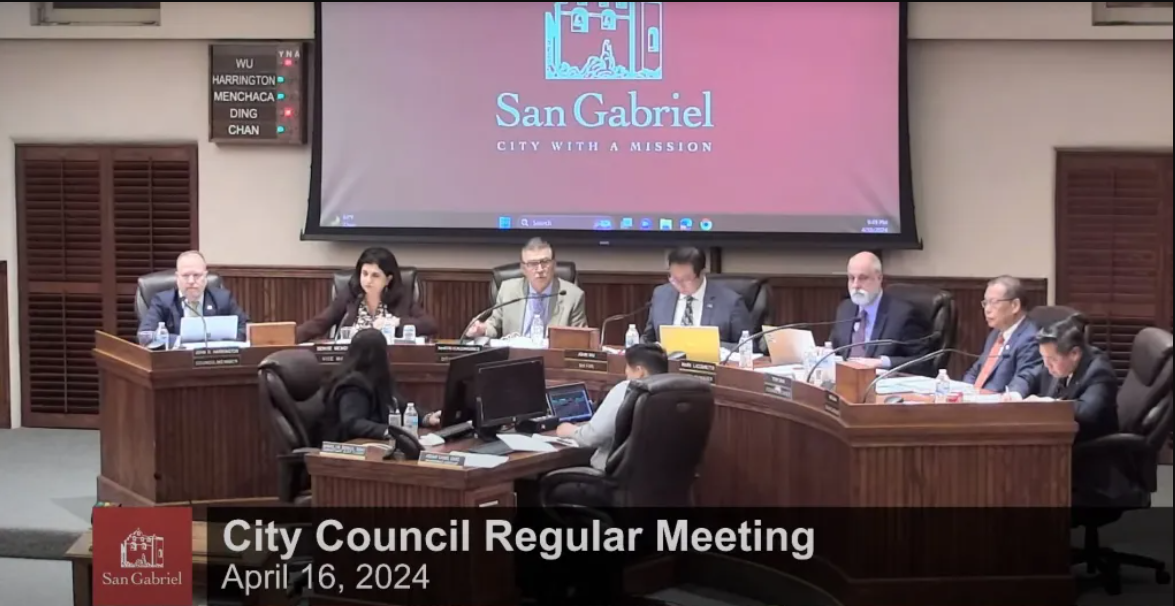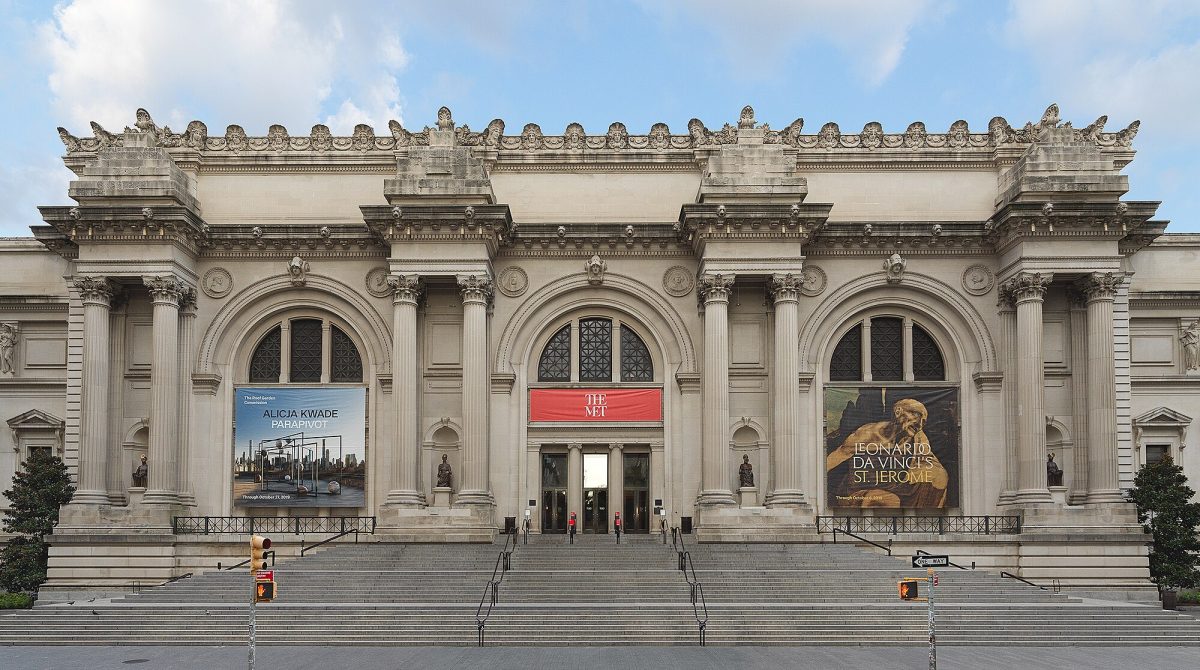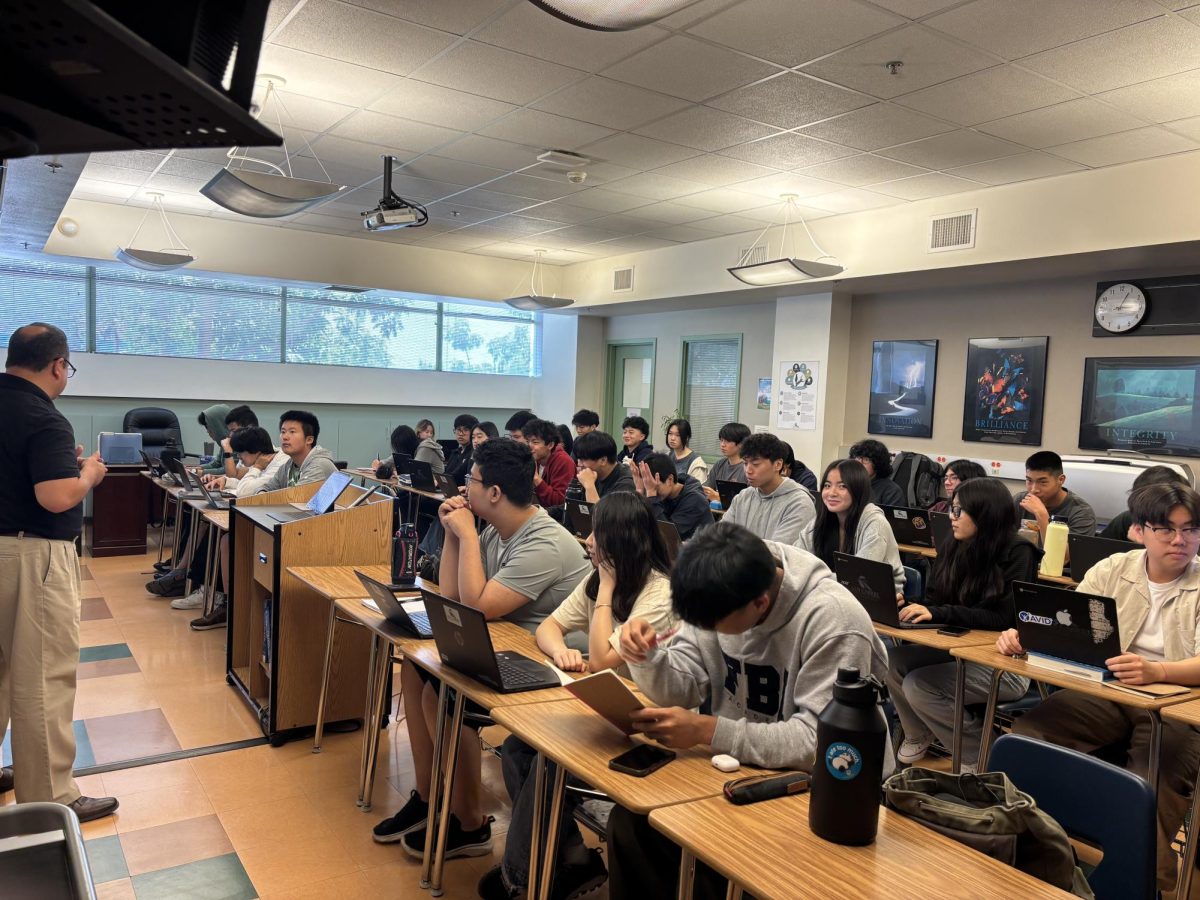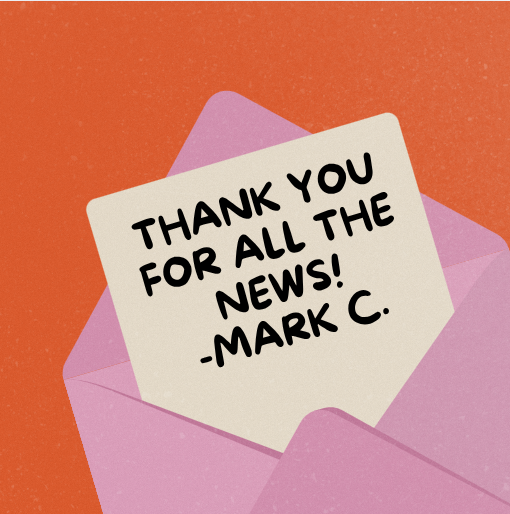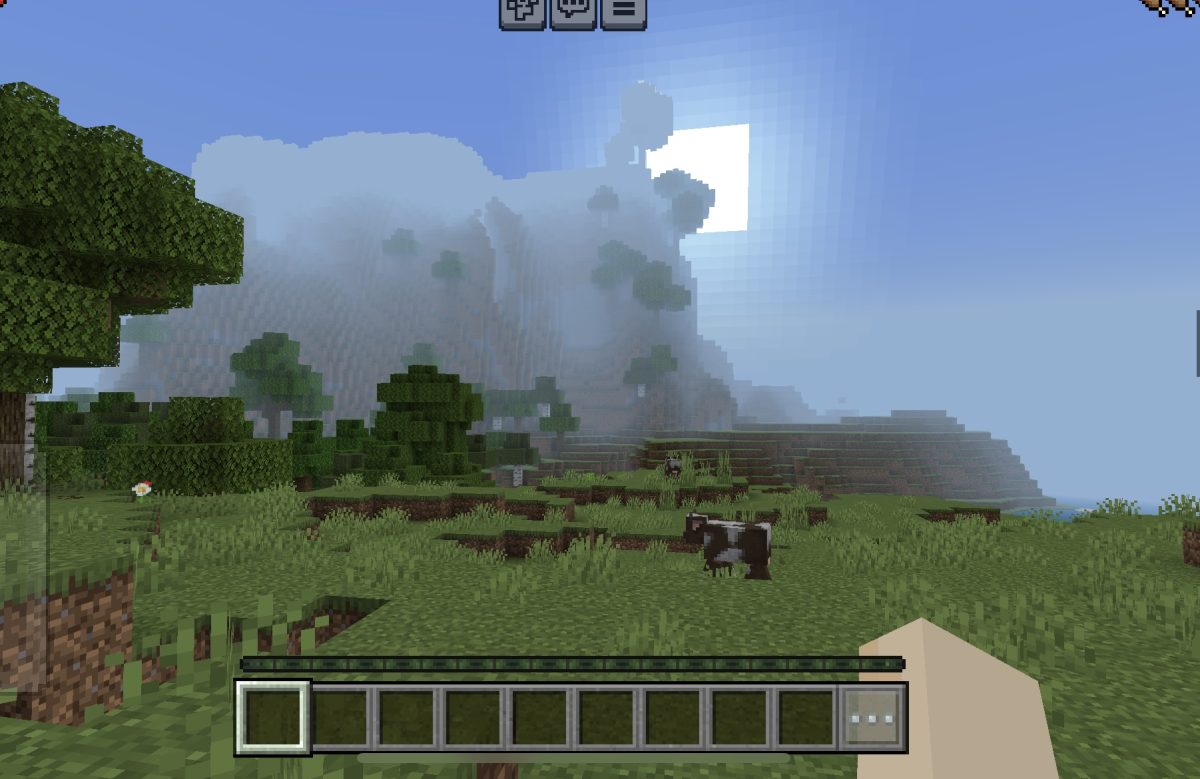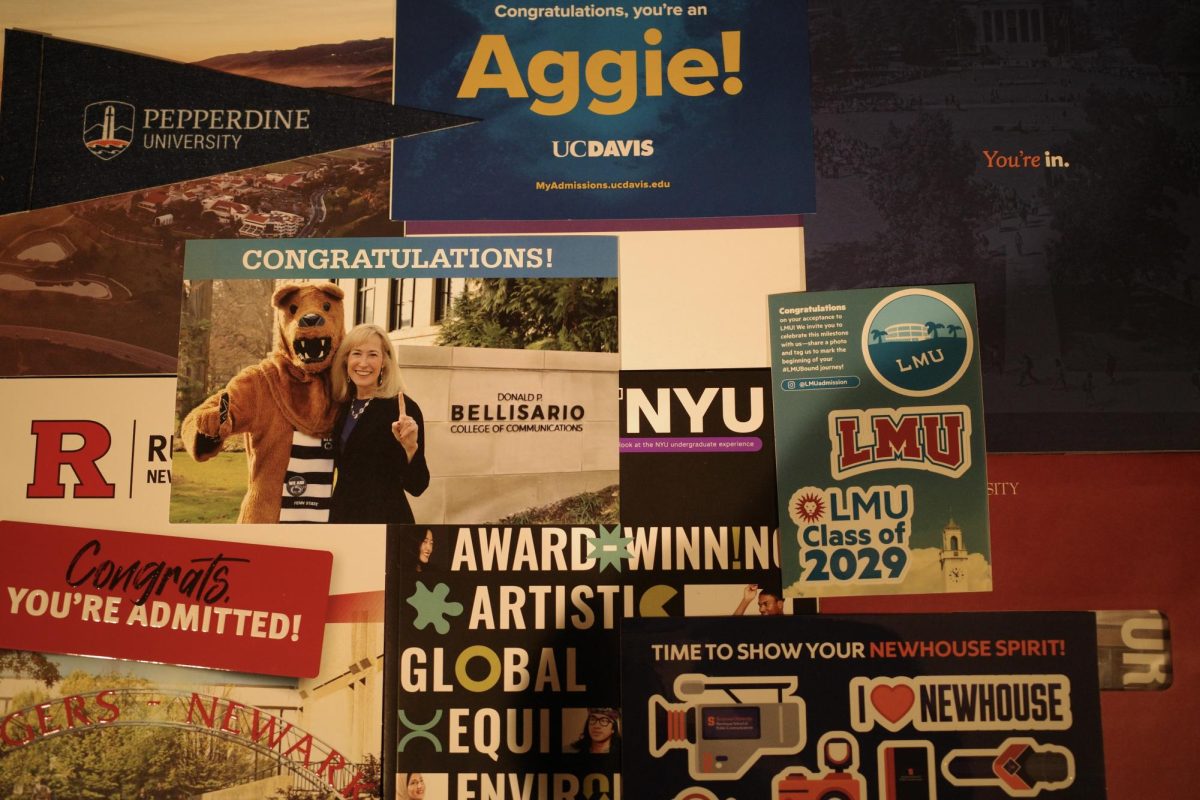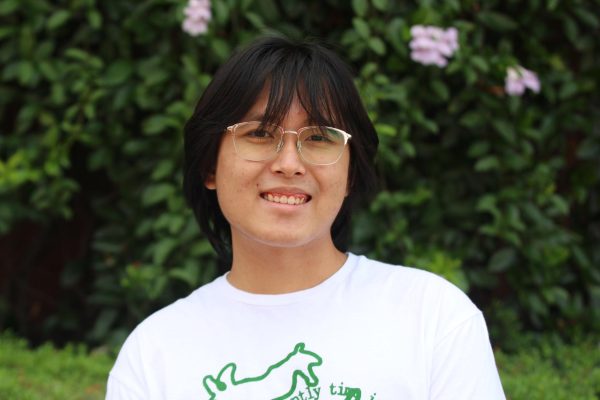In 2024 alone, the American Civil Liberties Union found 487 anti-LGBTQ bills were introduced nationwide, an alarming upward trend, especially when combined with the 510 bills introduced in 2023. By contrast, San Gabriel made great strides in inclusivity and intolerance of hate with the formation of the Human Equity, Access, and Relations (HEAR) Commission in 2020. The decision to dissolve the committee on April 16 in a 3-2 vote is a backward step; nothing is more crucial than ensuring the advocacy for marginalized groups remains a committed goal when dissolution sends only a negative message.
The sudden calls for the commission’s end came after the rejection of the committee’s “All Are Welcome” program, first introduced in February after LGBTQ+ issues ranked highest on HEAR surveys about what residents believe need to be addressed. A city document states that the “All Are Welcome” program identifies “inclusive and welcoming” businesses “where people can feel comfortable being their authentic selves regardless of their sexual orientation, gender identity or gender expression.” The project is physically represented by rainbow-colored stickers in the shape of the San Gabriel Mission bell to be displayed on participating businesses’ windows.
The motion to dissolve the committee six days after the rejected proposal was a hasty decision considering the commission’s accomplishments. In October 2023, councilmember Denise Menchaca herself had recommended HEAR be provided with a $10,000 budget to support the third annual Mental Health Expo, and in January, the entirety of the council praised the committee for its work during interviews for new commissioners. The motion to dissolve, then, communicates as an act of retaliation.
At the April 16 council meeting where HEAR was formally dissolved by Eric Chan, John Harrington, and Menchaca, Tony Ding and John Wu suggested the committee be given the opportunity to amend the issues the council found with the LGBTQ program. This suggestion would ultimately not be chosen.
Menchaca, at a February 20 meeting, called the program “too narrow” and expressed concerns over the use of the bell, citing religious reasons. Other council members agreed with the program’s narrowness and believed the recommendation of such a program should include more than one community. Though disagreeing with these comments, HEAR commissioners began to discuss new names and icons for the program shortly after.
HEAR had not “run its course” as suggested by the council, and the commissioners’ willingness to adapt the “All Are Welcome” program clearly indicated reasonably communicating with the council despite disagreements. To disband the committee, effectively, put out a statement that the advocacy for marginalized groups ended when they no longer “needed” them despite record-breaking cases of hate bills nationally.
Community members rallied on April 16 to speak of their experiences with HEAR with a clear focus on the good the commission has done for not just the LGBTQ, but other issues like person of color discrimination and mental health.
In a letter read aloud at the meeting, Congressmember Judy Chu, who represents the area, wrote: “As leaders within our community, it is incumbent upon us to ensure that every resident feels not only safe but truly embraced, especially because of the concerning rise in discrimination against LGBTQIA+, Jewish, Muslim and immigrant communities across the country.”
The need for the commission is apparent, especially when LGBTQ+ intolerance is still prevalent in the San Gabriel Valley. In Old Town Monrovia, the Underdog Bookstore, a community safe space for BIPOC and LGBTQ+ groups, closed in March due to hate comments and homophobic harassment. At Gabrielino High School, the pride flags hung up around campus in June are often torn down and vandalized by students.
The solution council members agreed on was to have an ad hoc committee that would convene if the need arose, which is better than no commission at all, but ultimately unnecessary when considering the committee should have been allowed to amend the proposed project and continue working on improving issues San Gabriel residents found pertinent. Residents in support of HEAR should consider voting in the 2024 election cycle on Nov. 5 to vote against incumbent Harrington, and continue keeping tabs with support groups of HEAR like Cheer Hear.
Ultimately, California has remained a bastion for uplifting the marginalized, but the state is not free from the hate that has spread nationally. San Gabriel is no exception and the dissolving of HEAR sets poor precedent for existing committees that continue to improve and build upon the issues residents of the city find most important. Such committees should continue even when the work seems complete, as there is always a goal to strive for in bridging inclusivity and equity with the greater community at large.

